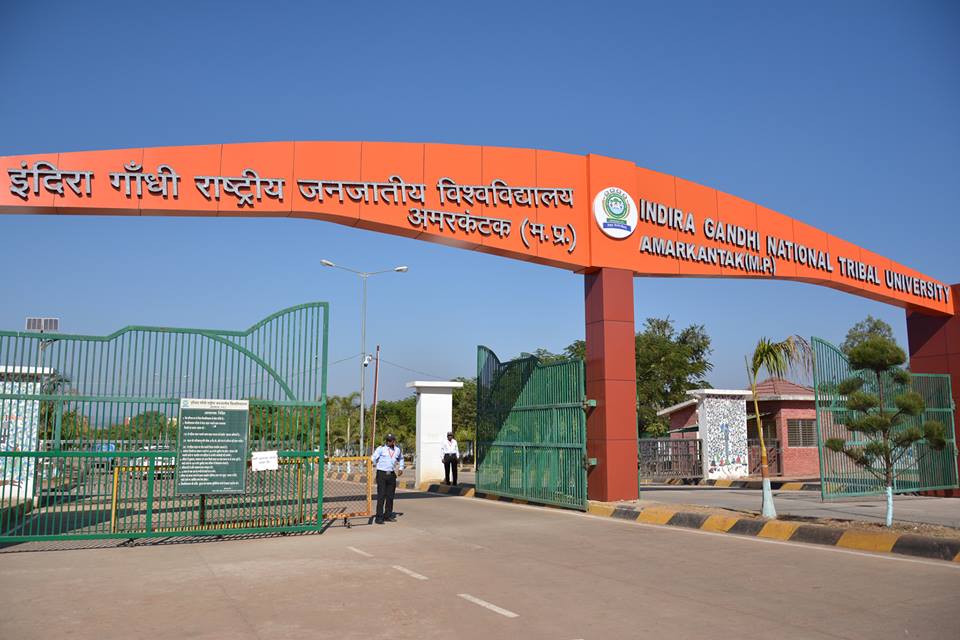By Rudra Narayan Sahoo, Mumbai: Graduate Aptitude Test in Engineering, the popularly known as GATE, is one of the toughest competitive entrance tests in India. More than nine thousand graduate engineering students appear the test each year. To crack a seat in MTech programmes in any IITs, candidates need to scope higher GATE score. In the GATE 2017 exam, only 16% of total candidates appeared the text were declared qualified.
The use of GATE score card can be broadly divided three parts: Higher education at IITs, IISc, NITs, CFTIs; employment opportunities at leading PSUs for Graduate Engineers; and Financial Assistance/Fellowships supported by Ministry of HRD and other government agencies. Here, SkillOutlook presents seven key points that confirm GATE is one of most popular and competitive tests in India.
Importance of GATE: The Graduate Aptitude Test in Engineering (GATE) conducted by IISc and IITs is has emerged as one of the bench mark tests for engineering and science aptitude in facilitating admissions for higher education, especially MTech/PhD in IITs, IISc and various other Institutes/ Universities/ Laboratories in India. 31 National Institutes of Technology (NITs) also use GATE score for admission to MTech proframmes via Centralized Counseling for MTech/MArch/MPlan admissions.
Over the last few years, GATE score is also being used as one of the criteria for recruitment in Government Organizations such as Cabinet Secretariat, and National/State Public Sector Undertakings in India. Nearly more than 40 PSUs (both Nation & State) have used GATE results of 2017 for hiring graduate engineers. In addition to these above points, GATE score is used as matrix for selecting candidates for Financial Assistance/Fellowships supported by Ministry of HRD and other government agencies in technology and engineering research subjects.
Why it is so competitive: Over the last four years, the historical qualified candidates rate/pass percentage remained in the range of 15-17%. In GATE 2017, the total number of candidates registered for the test were more than 9.22 lakh while the number of candidates who appeared for the examinations were nearly 7.87 (85%). The number of candidates who finally qualified were nearly 1.29 (including General, OBC, SC/ST/PwD), which represents 16% of the total number of candidates who appeared for the examination.
Merely qualifying GATE does not mean one should get admission to IITs, rather the GATE score must fall in the Cut Offs released by IIT in respective subjects. Hence, aspirants who wish to crack MTech programmes have to get higher GATE score.
23 Disciplines available in GATE: GATE 2017 was conducted in 23 disciplines of engineering and science subjects. Out of a total of 23 papers (subjects) in which GATE 2017 were conducted as an online test, Mechanical Engineering (ME) had the highest of registered candidates with 217,835 applicants. Electronics & Communication Engineering (EC) saw the second highest candidates with 171,160 applicants. Civil Engineering (CE, 147,012 applicants), Electrical Engineering (EE, 135426), Computer Science & Information Technology (CS, 116,754) had a large number of candidates.
Pattern of question papers: In all the papers of GATE 2017, there were a total of 65 questions carrying 100 marks, out of which 10 questions carrying a total of 15 marks will be on General Aptitude (GA). The duration of the test is three hours.
GATE 2017 had questions of two different types in various papers: Multiple Choice Questions (MCQ); and Numerical Answer Questions. Multiple Choice Questions (MCQ) carrying 1 or 2 marks each in all papers and sections. These questions are objective in nature, and each will have a choice of four answers, out of which the candidate has to mark the correct answer(s). Numerical Answer Questions of 1 or 2 marks each in all papers and sections. For these questions the answer is a real number, to be entered by the candidate using the virtual keypad. No choices will be shown for this type of questions.
There was negative marking system in GATE 2017. For 1-mark multiple-choice questions, 1/3 mark was deducted for a wrong answer. Likewise, for 2-mark multiple-choice questions, 2/3 mark were deducted for a wrong answer. There is no negative marking for numerical answer type questions.
Validity of GATE Score Card: GATE score is valid for Three years from the date of announcement of the results. After the declaration of results, qualified candidates can download their GATE Score Card for the paper on the official website of GATE of that year.
Time line of GATE: The official notification is generally released in the month of August each for conducting the GATE of next year. The online application is opened tentatively in the 1st week of September. The GATE exam is being held in 1st and 2nd week of February of each year. For GATE 2017, the official application window was opened on 1 September 2017. The exam of GATE 2017 was held in 4 – 5 February 2017 & 11 – 12 February 2017 (Saturdays and Sundays).
GATE exam held in foreign exam centres: GATE 2017 examination was held for international candidates in Bangladesh, Ethiopia, Nepal, Singapore, Sri Lanka and United Arab Emirates (UAE). This was the first time, GATE test was held in overseas centres.








